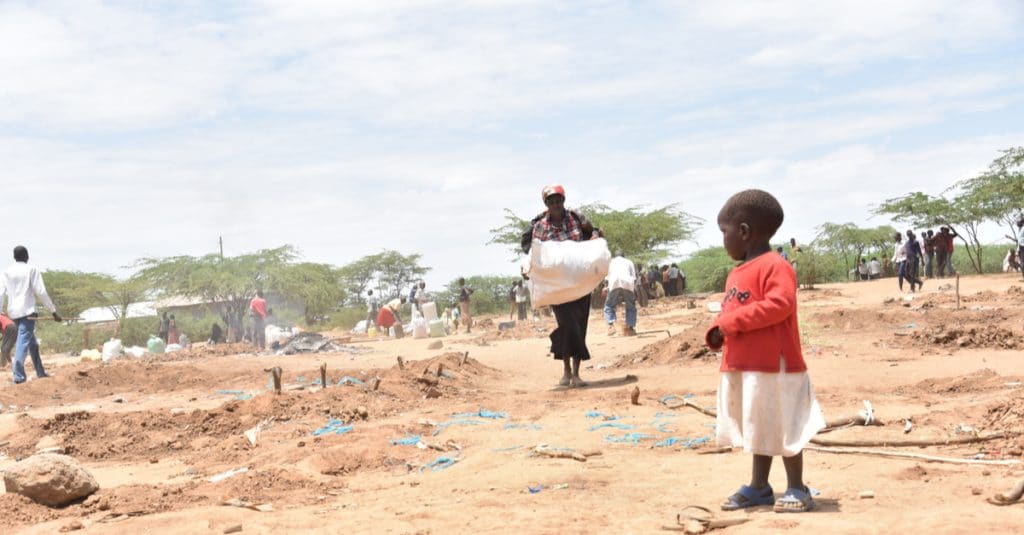The people of Maiduguri are still amazed by the generosity offered by the United Nations Development Programme’s (UNDP) Cash for Work project. In the main city of Borno State, in northeastern Nigeria, people each receive a monthly allowance of 99.06 euros, or 40,000 naira, for cleaning their neighbourhoods.
The beneficiaries of this project are socially vulnerable people, including widows and refugees, victims of violence from the Boko Haram terrorist group, which is operating in northern Nigeria. As a result, 730 of them were selected in November 2018 for the first cycle of the pilot phase of the “Cash for Work” project. For the second cycle of the pilot phase, UNDP plans to add 575 beneficiaries to cover all districts of the city.
And that’s not all!
Within the operational phase of the three-year project, UNDP would engage in other activities such as “strengthening the institutional capacities of agencies involved in waste management; raising community awareness for hygiene improvement, waste management and the rehabilitation of community waste management infrastructure. UNDP will also work to create and subsidise companies in the waste management sector,” said Yoshiaki Noguchi, a specialist in the UNDP Cash for Work project in Maiduguri.
Developed as part of UNDP’s sustainable waste management and environmental protection programme, the “Cash for Work” project is funded by the European Union and targets a total of 12,000 people.
“Cash for Work” is a short-term operation used by humanitarian organisations to provide temporary assistance to disadvantaged people. It is most often used in public projects such as road repair, debris removal or infrastructure reconstruction.
The use of this operation by UNDP in Maiduguri is also preventive. During the rainy season, Maiduguri, which hosts more than half of the displaced fleeing Boko Haram’s abuses, is often confronted with various forms of communicable diseases linked to uncleanliness.
Boris Ngounou
